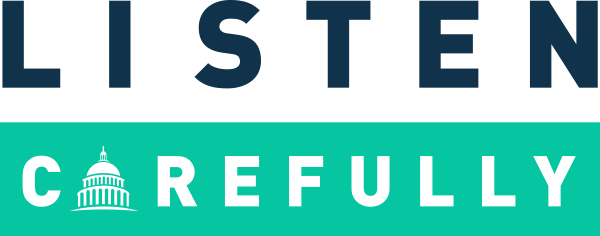Published by Beth Wang
The White House has finished reviewing FDA’s highly anticipated proposed rule that would establish an over-the-counter category of hearing aids, meaning FDA could soon release the proposal in line with the November deadline set by President Joe Biden.
The White House Office of Management and Budget began reviewing the proposed rule in August, and OMB finished reviewing the proposal Friday (Oct. 1).
FDA has missed several deadlines for issuing the proposed OTC hearing aid rule, “Medical Devices; Ear, Nose and Throat Devices; Establishing Over-the-Counter Hearing Aids and Aligning Other Regulations,” which is expected to lay out safety, labeling and manufacturing standards for OTC hearing aids.
Biden in July signed an executive order that gave HHS 120 days to issue the proposal. The 120-day deadline is up in early November.
The White House asserted the rule could help curb the high cost of hearing aids, which on average cost more than $5,000 per pair, and those costs often aren’t covered by health insurance. Consumers currently must get their hearing aids from a doctor or specialist, which is a major reason why prices are so high, according to the Biden administration.
A leading hearing aid lobby group and regulatory expert recently met with White House regulatory affairs officials and FDA to make a case that FDA should apply its 510(k) device premarket review and enforcement oversight to OTC hearing aids, since they will incorporate technology similar to that of the already-existing category of self-fitting hearing aids.
The regulatory expert also said FDA should require that consumers take a self-administered hearing test before purchasing OTC hearing aids.
OMB also is reviewing a hearing aid-related draft guidance, titled “Regulatory Requirements for Hearing Aid Devices and Personal Sound Amplification Products.” FDA originally published the draft guide in 2013 but then reopened the comment period in 2016. The document was never finalized.
In that draft guidance, FDA said it would regulate PSAPs as medical devices if they are advertised as devices that can help hearing-impaired customers. FDA’s proposal to regulate PSAPs drew backlash from industry. A few years before that, in 2009, FDA had indicated it would not regulate PSAPs, which have been raised as alternatives to costly traditional hearing aids. — Beth Wang (bwang@iwpnews.com)
This article first appeared on InsideHealthPolicy.
